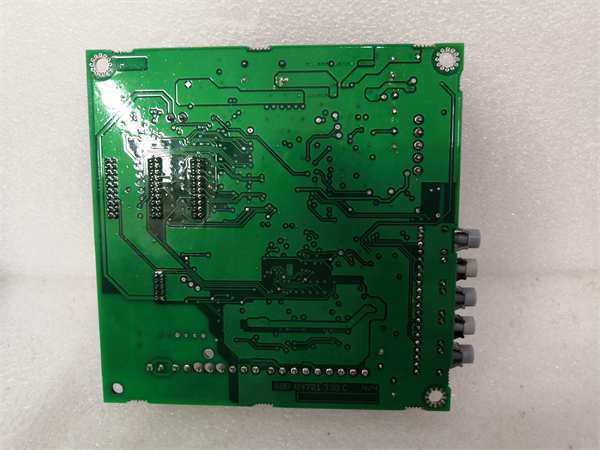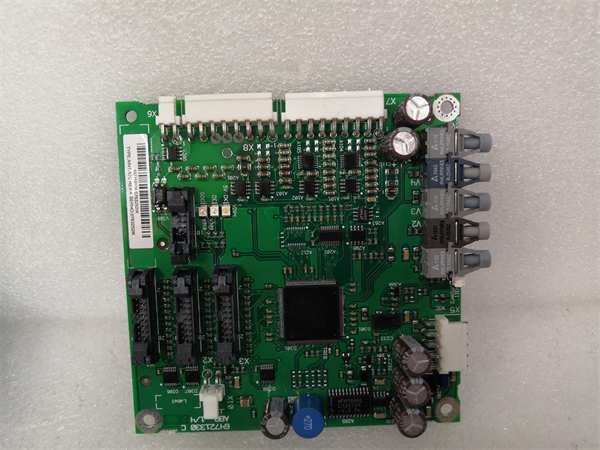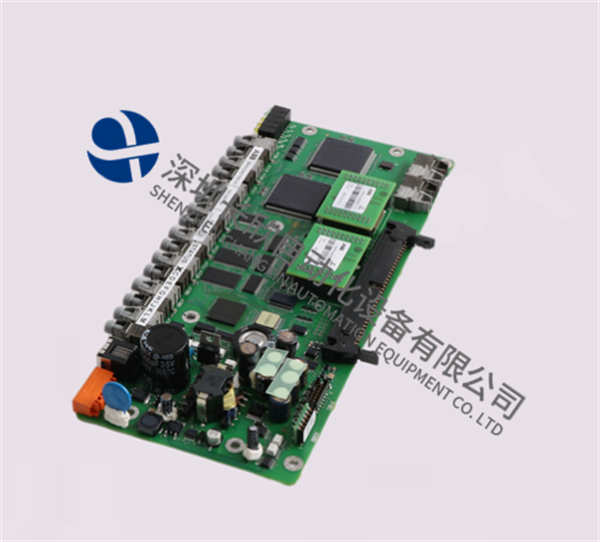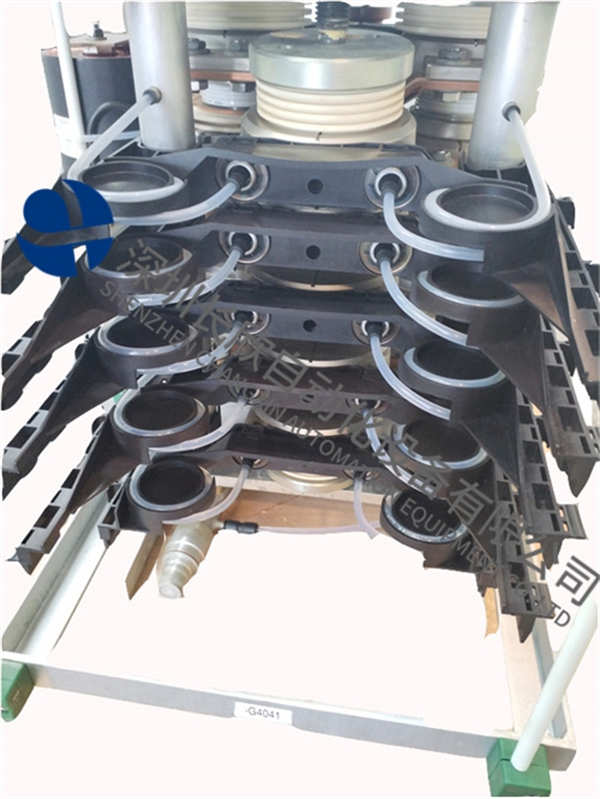描述
产品简要说明
ALSTOM DT0000076215/D是阿尔斯通(Alstom)为轨道交通设计的电力机车牵引系统核心模块,具备以下特性:
高功率密度:支持单轴功率输出≥3.6MW
智能节能控制:
变频调速技术(效率提升15%)
再生制动能量回收(回收率≥20%)
安全冗余设计:
SIL3级安全防护
双冗余冷却系统(风冷+液冷)
环境适应性:
防护等级:IP65
工作温度范围:-30°C至+50°C
产品详细说明
1.硬件架构与功能模块
牵引变流器
拓扑结构:
三电平IGBT逆变器(电压等级:DC 3kV)
直流母线电容容量:2000μF/4500V
功率输出:
单模块:3.6MW(持续运行)
短时过载:4.5MW(30秒)
控制单元
处理器:
多核ARM Cortex-A72(主频1.5GHz)
实时操作系统:VxWorks 7
安全逻辑:
独立安全处理器(符合IEC 61508标准)
故障诊断响应时间≤5ms
接口与通信
牵引网络:
以太网(Profinet RT)
列车总线(MVB)
外部扩展:
485通信接口(支持与信号系统交互)
模拟量输入(0-10V/4-20mA)
2.软件与智能控制
牵引控制算法
自适应调速:
基于负载的PWM调制策略
坡道补偿(精度±0.5°)
能量管理:
再生制动与电阻制动智能切换
能量回收优先级策略
故障诊断系统
实时监测:
电流/电压波形分析
温度梯度预测(基于热力学模型)
故障分类:
400+故障代码库
自动降级运行(故障冗余模式)

DTCC901B 61430001-FU

DTCC901B 61430001-FU
Product brief description
ALSTOM DT0000076215/D is the core module of the electric locomotive traction system designed by Alstom for rail transit,with the following characteristics:
High power density:Support single-axis power output≥3.6MW
Intelligent energy-saving control:
Frequency conversion speed regulation technology(efficiency improvement of 15%)
Regenerative braking energy recovery(recovery rate≥20%)
Safety redundant design:
SIL3 level safety protection
Dual redundant cooling system(air-cooled+liquid-cooled)
Environmental adaptability:
Protection level:IP65
Operating temperature range:-30°C to+50°C
Product details
1.Hardware architecture and functional modules
Traction converter
Topology:
Three-level IGBT inverter(voltage level:DC 3kV)
DC bus capacitance capacity:2000μF/4500V
Power output:
Single module:3.6MW(continuous operation)
Short-term overload:4.5MW(30 seconds)
Control unit
processor:
Multi-core ARM Cortex-A72(main frequency 1.5GHz)
Real-time operating system:VxWorks 7
Security logic:
Independent secure processor(compliant with IEC 61508 standard)
Troubleshooting response time≤5ms
Interface and communication
Traction network:
Ethernet(Profinet RT)
Train Bus(MVB)
External extension:
485 communication interface(supports interaction with signal system)
Analog input(0-10V/4-20mA)
2.Software and intelligent control
Traction control algorithm
Adaptive speed regulation:
Load-based PWM modulation strategy
Ramp compensation(accuracy±0.5°)
Energy Management:
Intelligent switching between regenerative braking and resistor braking
Energy recovery priority strategy
Troubleshooting system
Real-time monitoring:
Current/voltage waveform analysis
Temperature gradient prediction(based on thermodynamic model)
Fault classification:
400+fault code library
Automatic downgrade operation(fault redundant mode)





